- Informatii telefonice:(+40) 748 400 200
Boethiana Mediaevalia | Adrian Papahagi
Cod intern: xsales_1391643Producator: Zeta Books
Vizualizari: 17 / Achizitii: 14
Stoc: In stoc
Pret: 29.0 RON
Acest produs este publicat in categoria Librarie la data de 15-03-2025: 10:03 si vandut de Carturesti. Vanzatorul isi asuma corectitudinea datelor publicate. ( alege finantarea potrivita )
-
Produs cu garantie
-
Livrare direct din stocul fizic al Carturesti
-
Retur gratuit minim 14 zile de la data achizitiei
Boethius masterpiece, The Consolation of Philosophy (c. 524) can be counted among the most popular books of the early Middle Ages: it was extensively copied, glossed, commented upon, and translated. But how did the medieval West rediscover it? Where did the text resurface at the end of the eighth century? How did ninth- and tenth-century scholars react to this complicated book, replete with Platonic lore yet devoid of explicit references to Christ? How did translators such as Alfred and Notker cope with the difficult philosophical vocabulary of the text they turned into Old English and Old High German? A few answers are ventured in the present book, whose purpose is to examine the impact of the last great book of late Antiquity upon the Latin and vernacular culture of the ninth and tenth centuries.The reception of Boethius Consolation of Philosophy from its rediscovery around 800 through the ninth and tenth centuries is one of the most fascinating stories of early medieval culture. Adrian Papahagi s studies offer some new theories about the key players in this story, including Alcuin, Theodulf, Notker and Alfred, soundly based in a fresh study of the manuscripts, and challenge some long-held convictions. --MALCOLM R. GODDEN, Bosworth and Rawlinson Professor of Anglo-Saxon, Oxford UniversityAdrian Papahagi has reopened the discussion about the transmission of Boethius Consolatio Philosophiae in the Carolingian age. By examining afresh the manuscripts and available bibliography, he summarises the state of the question and clarifies a few vexed questions raised by previous scholars. Papahagi does not confine himself to a pars destruens: he also proposes a pars construens, which must henceforth be taken into account. --FABIO TRONCARELLI, Professor of Latin Palaeography, Universita di ViterboAdrian Papahagi (BA, MA, PhD Sorbonne) is a lecturer in the English Department of the University of Cluj, Romania, and head of this university s Centre for Manuscript Studies. He taught at several French universities (Paris IV-Sorbonne, Paris VII-Denis Diderot, Institut Catholique de Paris) and obtained scholarships and fellowships from the Ecole Normale Superieure (Paris), the Warburg Institute (London), the Maison francaise d Oxford, and the New Europe College (Bucharest).

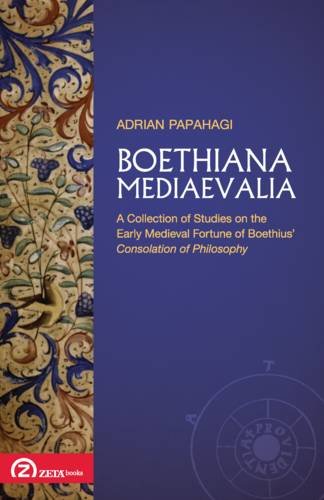






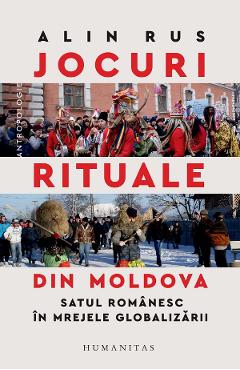
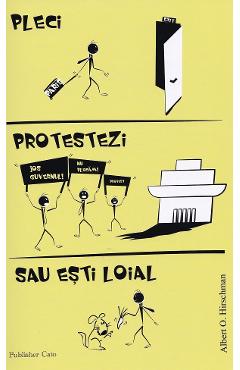












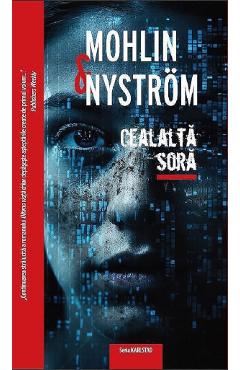


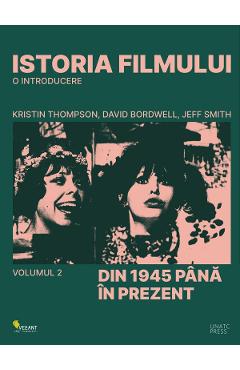

Scrie parerea ta
Boethiana Mediaevalia | Adrian Papahagi
Ai cumparat produsul Boethiana Mediaevalia | Adrian Papahagi ?
Lasa o nota si parerea ta completand formularul alaturat.
Boethius masterpiece, The Consolation of Philosophy (c. 524) can be counted among the most popular books of the early Middle Ages: it was extensively copied, glossed, commented upon, and translated. But how did the medieval West rediscover it? Where did the text resurface at the end of the eighth century? How did ninth- and tenth-century scholars react to this complicated book, replete with Platonic lore yet devoid of explicit references to Christ? How did translators such as Alfred and Notker cope with the difficult philosophical vocabulary of the text they turned into Old English and Old High German? A few answers are ventured in the present book, whose purpose is to examine the impact of the last great book of late Antiquity upon the Latin and vernacular culture of the ninth and tenth centuries.The reception of Boethius Consolation of Philosophy from its rediscovery around 800 through the ninth and tenth centuries is one of the most fascinating stories of early medieval culture. Adrian Papahagi s studies offer some new theories about the key players in this story, including Alcuin, Theodulf, Notker and Alfred, soundly based in a fresh study of the manuscripts, and challenge some long-held convictions. --MALCOLM R. GODDEN, Bosworth and Rawlinson Professor of Anglo-Saxon, Oxford UniversityAdrian Papahagi has reopened the discussion about the transmission of Boethius Consolatio Philosophiae in the Carolingian age. By examining afresh the manuscripts and available bibliography, he summarises the state of the question and clarifies a few vexed questions raised by previous scholars. Papahagi does not confine himself to a pars destruens: he also proposes a pars construens, which must henceforth be taken into account. --FABIO TRONCARELLI, Professor of Latin Palaeography, Universita di ViterboAdrian Papahagi (BA, MA, PhD Sorbonne) is a lecturer in the English Department of the University of Cluj, Romania, and head of this university s Centre for Manuscript Studies. He taught at several French universities (Paris IV-Sorbonne, Paris VII-Denis Diderot, Institut Catholique de Paris) and obtained scholarships and fellowships from the Ecole Normale Superieure (Paris), the Warburg Institute (London), the Maison francaise d Oxford, and the New Europe College (Bucharest).
Acorda un calificativ